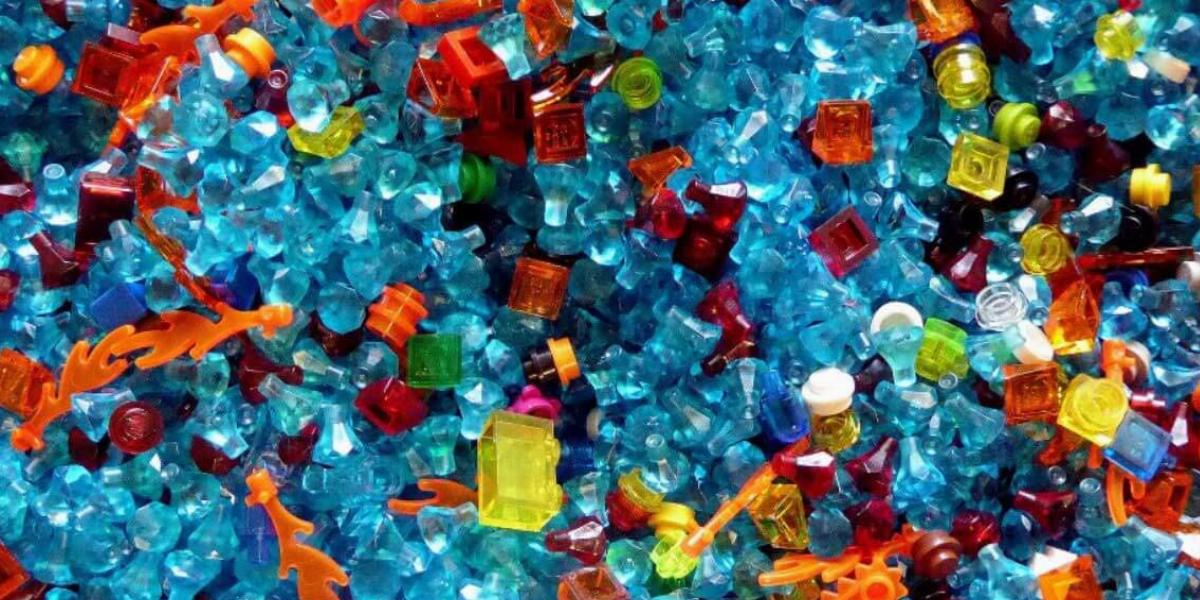
Plastic waste is a global catastrophe. The most recent data estimates that up to 12 million metric tons of plastic enter our oceans every year. And only about 10 percent of plastic worldwide is recycled through conventional channels. While it’s important to begin using less plastic, we still need to find ways to deal with our existing waste. The three companies below have created ground-breaking methods for turning plastic into products.
When you imagine plastic waste, you probably envision discarded water bottles, soda can rings or plastic bags. But cigarette butts? Recycling company TerraCycle has turned the industry upside down by repurposing objects thought to be un-recyclable—including the small amounts of plastic found in cigarettes. While a cigarette filter resembles cotton, it’s actually a form of plastic called cellulose acetate. TerraCycle receives cigarette butts from both individuals and municipal collection programs, then separates the filter from the paper, tobacco and ash, which are composted at facilities capable of working with contaminated materials like these.
Image via TerraCycle
The cellulose acetate is then sanitized and melted down to produce a plastic suitable for a variety of products. Currently, this recycled plastic is primarily used to manufacture industrial products such as shipping pallets, but it can be used for much more. In a tongue-in-cheek take on a closed-loop system, this recycled plastic is even used to make ash trays.
"More than 75 million butts have been recycled in the United States so far through this program. The products made from that recycled plastic can also be recycled. We always encourage people to send us back something if they don’t have another recycling option for it."
Lauren Taylor | Global Director, Communications, TerraCycle
In Cairo, Egypt, plastic bags have been transformed from environmental menace to raw materials. Reform Studio, a design studio focused on the principles of reuse, weaves plastic bags into a durable fabric called Plastex. Used to make furniture upholstery, placemats, storage totes and more, Plastex is washable and made to stand up to sand and dust. According to Reform Studio founders Hend Riad and Mariam Hazem, the idea behind Plastex was their desire to change our definition of waste, inspiring people to see the reuse potential in other “trash” items.
Image via Reform Studio
But Reform Studio isn’t just about creating new processes. Plastex is made using traditional Egyptian handlooms. Weaving with handlooms is a craft on the brink of extinction, but as Reform Studio realized, it’s also a technique that could create much-needed jobs if revived. Turns out, 21st century materials and centuries-old crafts can work together to create a solution to plastic pollution.
"We see Design as a recreation of an existing idea, a redevelopment of objects, reusing of materials, reviving of cultures and reforming our world."
Hend Riad | Co-founder, Reform Studio
Bricks are, literally, the building blocks of a society. Unfortunately, they’re also a drain on our natural resources. But ByFusion proves that raw materials don’t have to enter the equation. ByFusion is an innovative machine that converts plastic waste into a building material called RePlast, which can take the place of concrete blocks in various construction applications. The ByFusion process uses all plastic types except for #6 plastics to produce a product with 95 percent lower greenhouse gas emissions than traditional concrete block.
Image via ByFusion
The ByFusion machine itself is also eco-friendly. Its manufacturing process uses super-heated water and compression to turn plastic waste into RePlast, using no toxic chemicals and off-gassing nothing but water vapor. The water used in the manufacturing process can be reused multiple times while remaining clean enough to be disposed of down a standard drain. And companies interested in using ByFusion to manufacture their materials will face few obstacles. Anyone with a basic mechanical background can operate the machine after an initial training session. ByFusion is still ramping up for sales in the U.S., but we expect the buzz to be deafening when it hits the market.
Did we miss an innovator? If you know of another company with a creative solution to plastic waste, comment below!